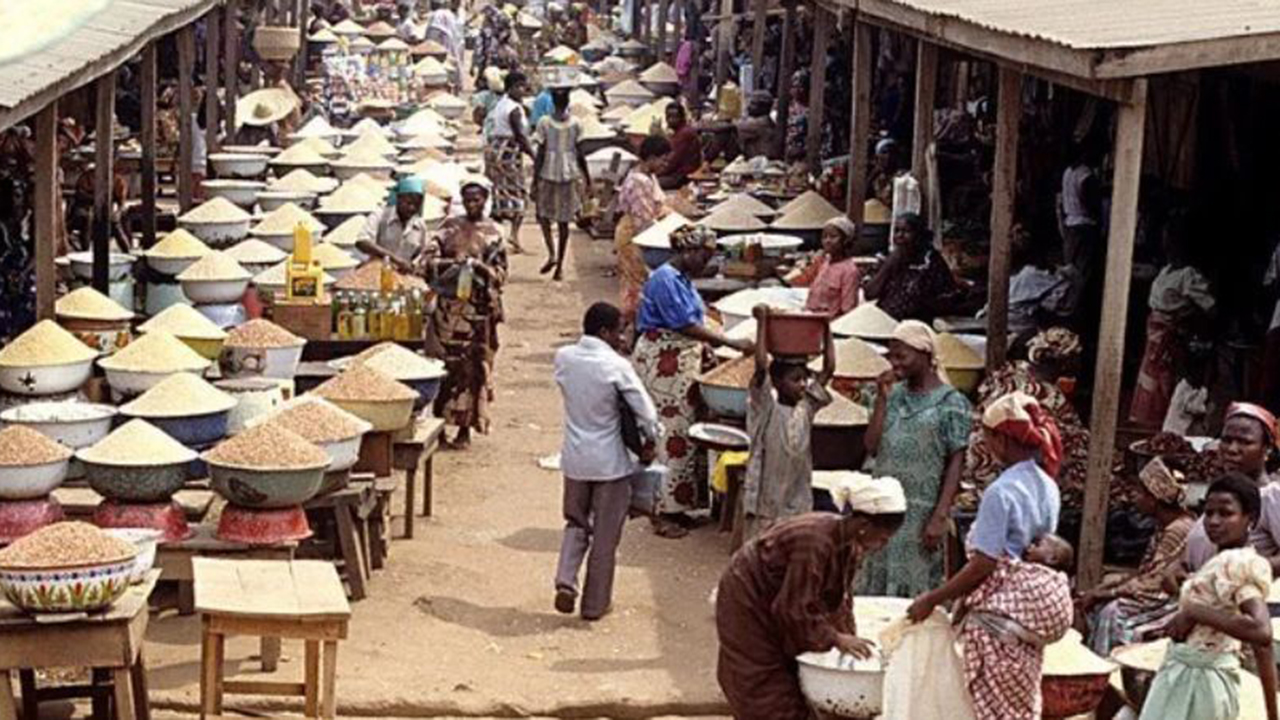 Global economic growth is projected to remain at 2.8 per cent in 2025, unchanged from 2024 expectations, the World Economic Situation and Prospects (WESP) 2025, has said.
Global economic growth is projected to remain at 2.8 per cent in 2025, unchanged from 2024 expectations, the World Economic Situation and Prospects (WESP) 2025, has said.
It projected growth in Africa to rise modestly from 3.4 per cent in 2024 to 3.7 per cent this year, thanks to recoveries in major economies including Nigeria, Egypt and South Africa.
While the global economy has demonstrated resilience, withstanding a series of mutually reinforcing shocks, growth remains below the pre-pandemic average of 3.2 per cent, constrained by weak investment, sluggish productivity growth and high debt levels.
The report noted that lower inflation and ongoing monetary easing in many economies could provide a modest boost to global economic activity in 2025.
However, uncertainty still looms large, with risks stemming from geopolitical conflicts, rising trade tensions and elevated borrowing costs in many parts of the world, it said.
These challenges are particularly acute for low-income and vulnerable African countries, where sub-par and fragile growth threatens to further undermine progress towards the Sustainable Development Goals (SDGs).
United Nations Secretary-General, António Guterres, said countries could not continue to ignore the perils as in the current interconnected economy, shocks on one side of the world push up prices on the other.
Every country is affected and must be part of the solution, he said.
Conflicts, rising debt-servicing costs, lack of employment opportunities and increasing severity of climate-change impacts weigh on Africa’s outlook.
Global trade is expected to grow by 3.2 per cent in 2025, following a rebound of 3.4 per cent in 2024 driven by improved exports of manufactured goods from Asia and strong services trade.
However, trade tensions, protectionist policies and geopolitical uncertainties are significant risks to the outlook.
Global inflation is projected to decline from four per cent in 2024 to 3.4 per cent this year, providing some relief to households and businesses.
Major central banks are expected to further cut interest rates as inflationary pressures continue to ease.
While continuing to moderate, inflation in Nigeria and other developing countries is expected to remain above recent historical averages, with one in five countries expected to see double-digit growth this year.
For developing economies, easing global financial conditions could help reduce borrowing costs, but access to capital remains uneven, it noted.
Many low-income countries continue to grapple with high debt-servicing burdens and limited access to international financing.
The report stressed that governments should seize any fiscal space created by monetary easing to prioritise investments in sustainable development, especially in critical social sectors.
Despite easing global inflation, food inflation remains elevated, with nearly half of developing countries experiencing rates above five per cent in 2024, the report said.
This has deepened food insecurity in low-income countries already facing extreme weather events, conflicts, and economic instability, it noted.
It warns that persistent food inflation, coupled with slow economic growth, could push millions further into poverty.
The report highlights the potential of critical minerals for the energy transition, such as lithium, cobalt and rare earth elements and also for accelerating progress towards the SDGs in many countries.






